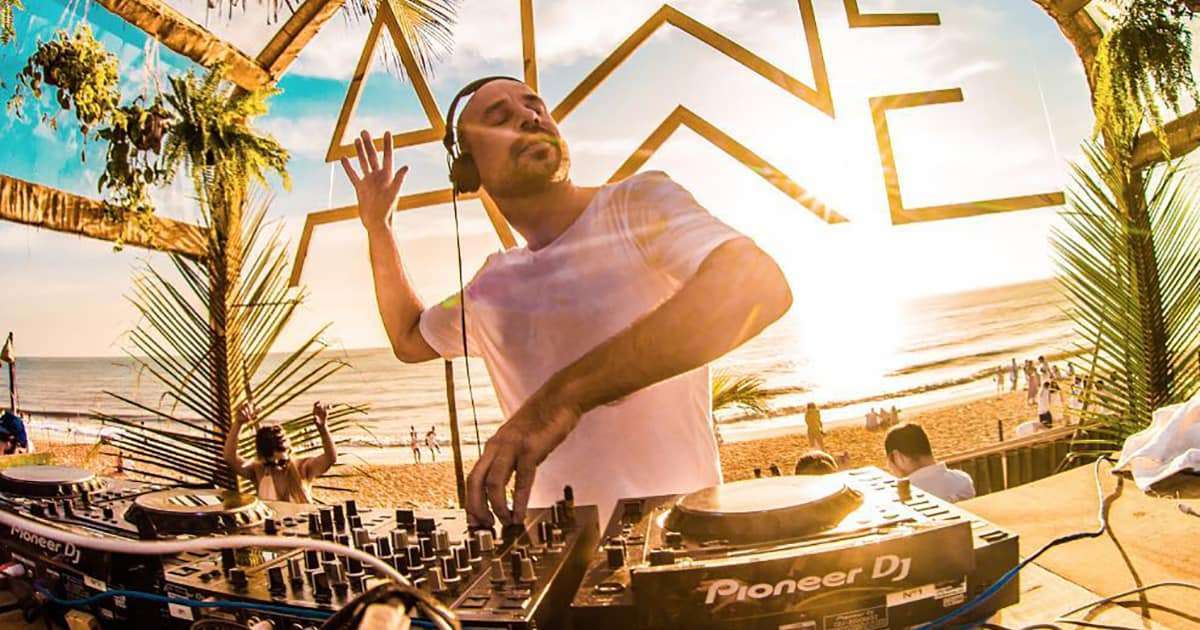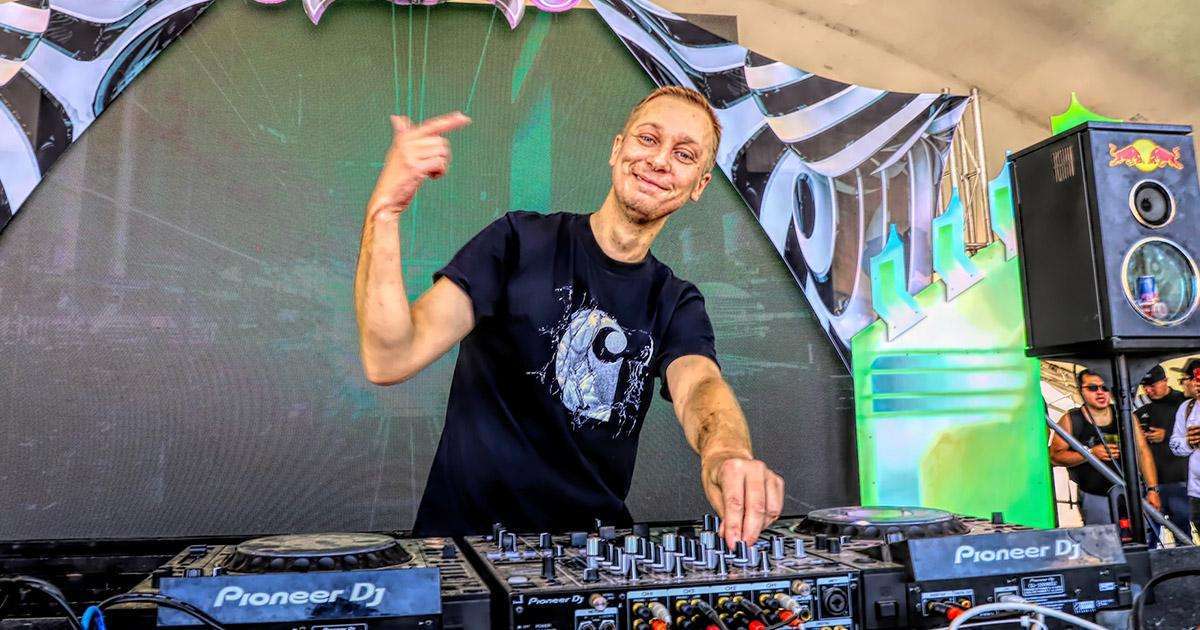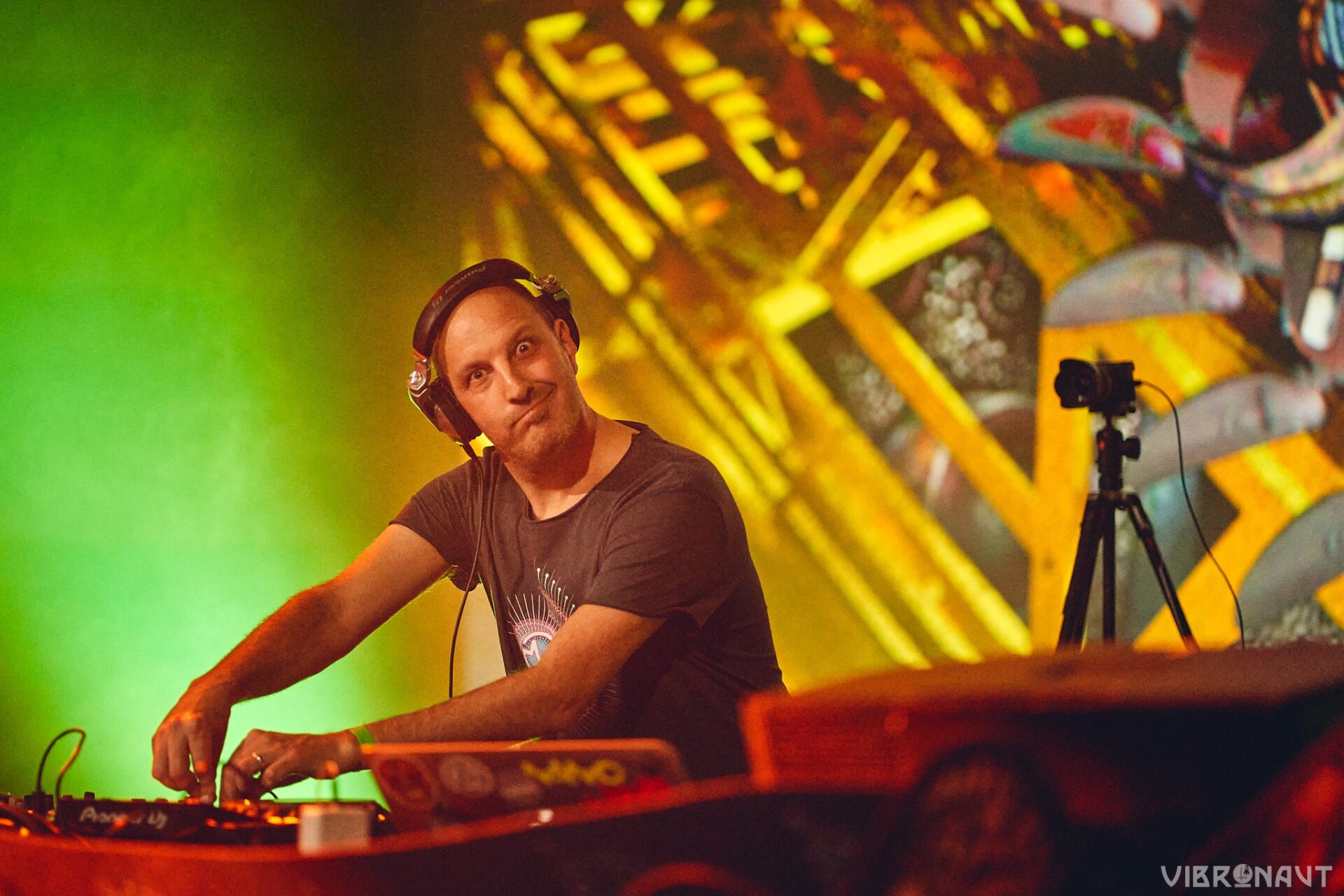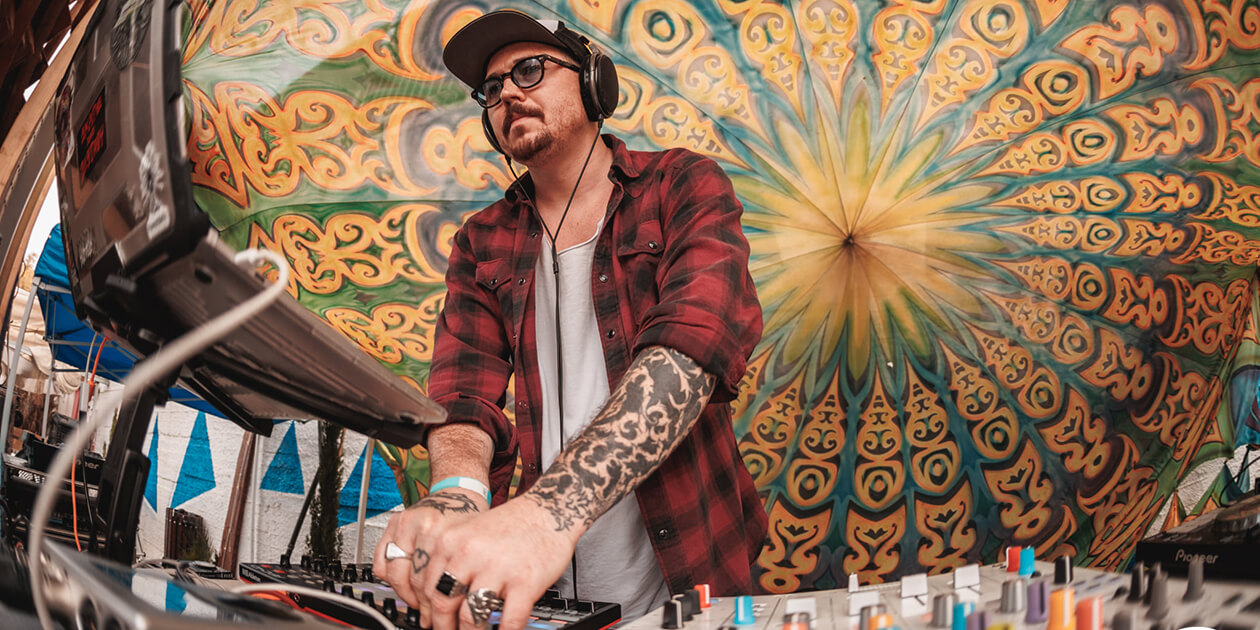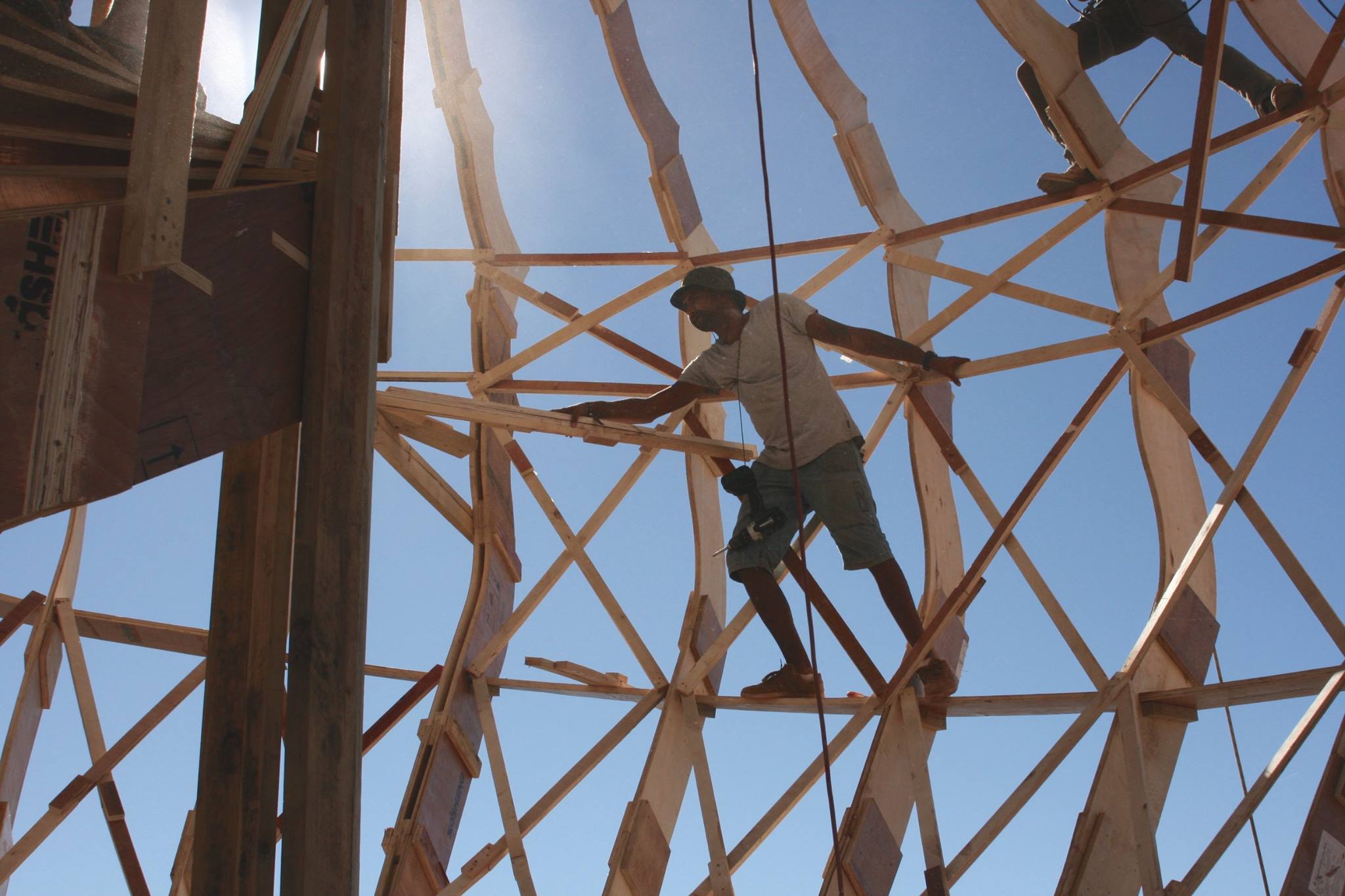Israel-based artist Berg—a.k.a. Shlomi Berg—has entertained hundreds of thousands of followers around the world. His performances encompass a half-dozen of the world’s most acclaimed—and massive—dance parties, including Brazil’s Tribe Festival and Experience Festival, Mexico’s Equinox Festival, Denmark’s Tam Tam Festival, Israel’s Unity Festival and France’s Inox Festival.
At a young age, Berg has already become one of the globe’s leading acts—over the course of just four years, when the sonic mixologist first launched his name brand. His ability to bring a crowd to its feet with hands waving in unison, as well as his mad beats, have fans from nearly every nation in the world pleading for him to make an appearance.
Hi Shlomi! Can you tell me about your introduction to the electronic music scene?
Well, I remember myself as a kid, in the days of school listening to psychedelic trance all the time. I was always attracted to that scene and always wanted to produce my own music. Back then, the scene was alive and there were a lot of big festivals in Israel so it was very easy to be exposed.
About 9 years ago, when I started to produce my own music, I started with the name Psytrix and then changed the name to S-B Noise and stayed with it. Since then, I produce under the alias Berg.
Early on in your career [as S-B Noise] you won a remix competition. How beneficial was this to your career?
I think winning the competition gave me a big push in the scene. I really wanted more exposure and the winning was a special opportunity for me – it even gave me the desire to produce more music.
I have also been thinking a lot about my own remix competition for Berg. I’ve considered giving out the files for one of my tracks, but I think I’ll wait a bit.
What drove the change to progressive psytrance and the formation of Berg?
Before I began with Berg, I knew it was going to be a big step and a lot of hard work.
I came to the progressive psytrance scene without any idea of how I was supposed to start. I have tried to be unique and fresh, without sounding like other artists, to give a brand new style for the scene.
Nowadays, the music is more dynamic than before, so it is very important to maintain your own sound. And I must say, I didn’t think people would connect with my music, because I had doubts and Progressive was still new back then. But the response has been positive, and I thank all the fans for making it happen.
You’ve released an EP or two for free. Do you think it’s beneficial?
The decision to release my debut EP for free download was specifically to raise the recognition of my project. Basically, the fans like more free stuff if you want to promote yourself. I think it is a good idea, especially these days when you can find everything on the internet.
Are release titles important?
The name of each release is carefully thought out, because it relates to my personal journey and experience as an artist, particularly Action and Think Twice.
Is it difficult getting back into the old school S-B Noise sound?
Well, I have to say something first. When I started with Berg, I knew it was going to be difficult to manage two projects. It’s a lot of work, but in the end I decided to do it. Berg was a new project, and I had to work hard on it.
So now, after focusing on Berg, it’s very difficult to get back to old school.
What’s the South African psytrance scene like?
I have played several South African festivals, and I must say I really enjoy it! Especially when I found out how many people can speak Hebrew! I must say, the vibes at festivals in South Africa are different from any other country. South African’s definitely know how to stomp hard!
What do you look for in the crowd when selecting tracks to play?
When I started to play I thought it doesn’t matter which track I put in my live set. But lately I’ve realized that the choice of crowd is different in other countries, and you are supposed to fit yourself to the country.
For example, musically speaking, there are some countries that prefer more offbeat than triplet, or the opposite. In my case, I’m trying to be unique, have a colorful live set, and I’d say it’s important having previous experience.
Any upcoming releases you want to mention?
Stay tuned on my Soundcloud page. I’ve got a few collaborations and new tracks on the way. I haven’t had much time to work in the studio, because I’ve started taking advantage of producing music while on the road, instead of wasting time.
Thanks for the interview! Any last words before we finish off?
Thank you for the interview! Check out my social media pages for more updates.

